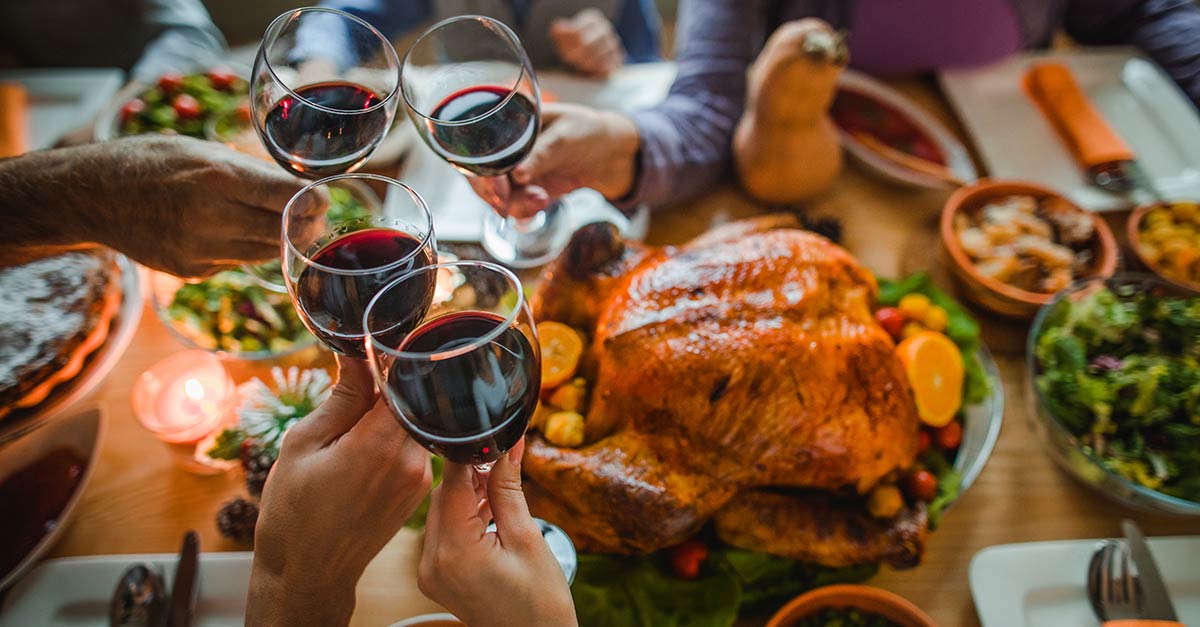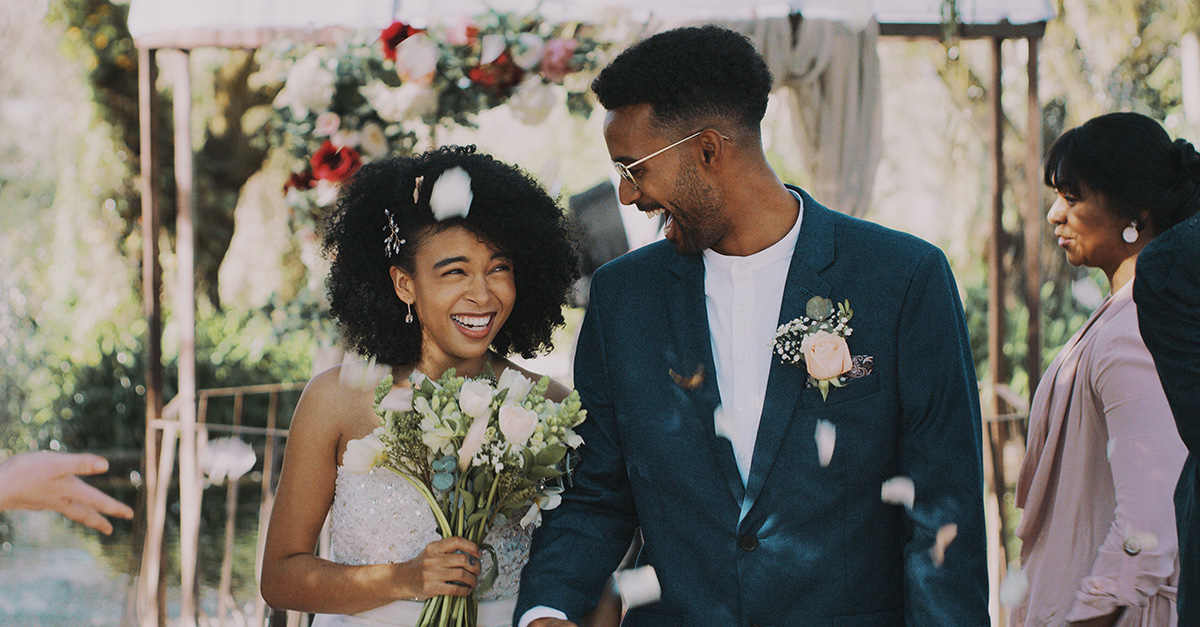Wedding bartenders and mobile bar business owners are in high demand during wedding season. It can be easy to get overwhelmed once your calendar starts filling up with events. While bartending a wedding can be a great way to build a bar-related business with very little overhead, it takes a certain amount of organization to ensure you’ve got all of the supplies you need to pull off your clients' big days. This timeline for bartending a wedding will help you pull off a day your clients will always remember without losing your mind.
A Timeline for Bartending a Wedding
As weddings are one of the most important days of many people’s lives, it’s essential to make sure that you’re prepared for the big day and have everything planned out as you need it.
The Preparation Stage: 6–12 Months Out
Make sure your contract is signed and includes a detailed description of what supplies you will be provided. Make sure your contract includes details about:
- types of alcohol you will be providing
- any signature wedding cocktails your clients want
- what quantities of drinks will be served per guest
- non-alcoholic beverage options
- who will be providing glassware (you or the venu)
- your cut-off policy
- insurance requirements
- deposit and cancellation policies
- client responsibilities
- venue responsibilities
- your responsibilities
- travel and expenses
- hourly fees per bartender or barback
- liquor license requirements
- and any other details you want to agree on before the big day
During this time, most people will have at least picked out a venue. A good rule of thumb at this point is to either call or visit the venue to get a lay of the land and figure out what amenities they might have there (or might be missing).
Knowing what liquor, wine, and beer selections your clients want on hand is crucial. If your clients expect a lot of guests from out of town, giving them a complete local experience filled with local wine, beer, and liquor is always a nice touch.
Also, check in with the venue to determine what supplies you might need to bring or what they will have on hand. This will help you organize your items better and also reduce waste and transportation space.
3~6 Months Out
At this time, it’s important to finalize the bar menu, including any signature wedding cocktails or mocktails.
You should also start ordering some custom bar signage if you haven’t already. Keep in mind the wedding style and color palette.
You should know roughly how many guests are set to attend as well, so be sure to order the appropriate amount of glassware and other supplies. Keep in mind that, on average, you’ll probably serve each guest at least one drink per hour.
1-3 Months Out
A few months before the event, it’s probably safe to start purchasing the alcohol that you’ll need for the party. Make sure you have everything you need to serve each of your signature drinks and some crowd-pleasers. For beer, its best to go with two options, one on the lighter side and then another on the hoppier side, like an IPA. For wine, it is good to have at least one option for each white and red, but including a rosé or champagne, too, could be a good touch.
Talk to the couple about whether they want to offer mocktails or some sodas for those who don’t partake in alcohol.
The Wedding Week
This is a good time to purchase any accouterment such as craft ice and garnishes to keep them fresh. Block Ice is a great option for ice that won’t dilute and will leave all drinks with a crisp cold finish; plus, they can also add to the drink’s look and aesthetic. If you really want to go above and beyond and get some extra tips, you can also look into our ice stamps that you can use for your bar’s logo or even the nearlyweds names!
To Keep In Mind or On Hand
Bartender’s Liability Insurance
Serving drinks at a wedding is a blast but can also come with some risks at the same time. Also known as Mobile Bartender Insurance, this coverage is designed to protect you from damages or injury that can arise while you’re serving or selling alcohol. If you are often at events, parties, or frequent multiple bars, you should carry insurance.
Some insurance agencies include general and liquor liability insurance, as well as other policy options, but it’s important to speak with an agent to understand your coverage. It’s also important to know your local “Dram Shop” laws and whether or not you need coverage. Dram Shop Insurance is also known as liquor liability insurance and can include coverage related to general liability, liquor liability, product-completed operations, and more, depending on the level of coverage. This is to help protect you from out-of-pocket expenses related to liquor claims.
Cutting Off Guests
Everyone is there to have a good time, and sometimes, too much alcohol can get in the way of that. Cutting off guests or slowing your pours may be challenging at the moment, but the nearlyweds will thank you later. All good bartenders know when a person has had their fill, and sometimes it can even be a good idea to discuss with the nearlyweds beforehand about it and whether they expect a lot of drinking.
A good way to limit this is by starting to cut off selling liquor at a specific time and only offering beer and wine to slow things down. Some bartenders/wedding planners send out drink vouchers and tickets to limit the number of drinks that can be served. You can also consider only having one or two signature wedding cocktails on the menu. This can help you save costs on liquor and not have to serve every guest’s favorite cocktail.
Be sure to discuss your cut-off policy ahead of time with your clients to avoid unnecessary drama on the big day. You may want to include your cut-off policy in your contract, as well.
Hire Some Barbacks/Extra Bartenders
Depending on the number of guests, the number of drinks you have to prepare beforehand, and the cleanup you have to do after can pile up quickly. Having some barbacks and other bartenders with you can save you a lot of time and keep guests from crowding the bar. Below is what is typically recommended per number of guests:
- 100 Guests: a minimum of two bartenders and one barback.
- 150 Guests: at least three bartenders and one barback.
- 200 Guests: this is a pretty big party, so it’s recommended that you have at least four bartenders and two barbacks.
- 300+ Guests: six bartenders and three barbacks to work through the night. If it gets any larger, you can scale up by having at least ½ the number of barbacks for the number of bartenders.
Bartending a wedding is more than just pouring drinks; it’s about curating an experience that complements an already joyous occasion. From planning months in advance to understanding the nuances of guest preferences, your organization and attention to detail can make or break the post-ceremony party. Careful planning can ensure you don’t run out of alcohol, over-serve the guests, or end up not getting paid for all of your hard work. With the right preparation, understanding of legalities, and a keen sense of responsibility, you can not only elevate the wedding festivities but also cement your reputation as a top-tier bartender. Whether you’re serving a party of 100 or 300, remember that every drink you pour and every interaction you have contributes to a couple’s special day.

